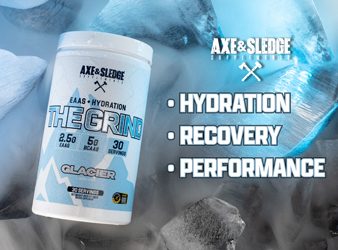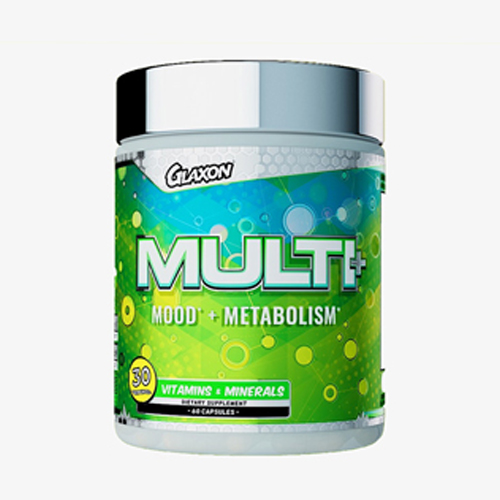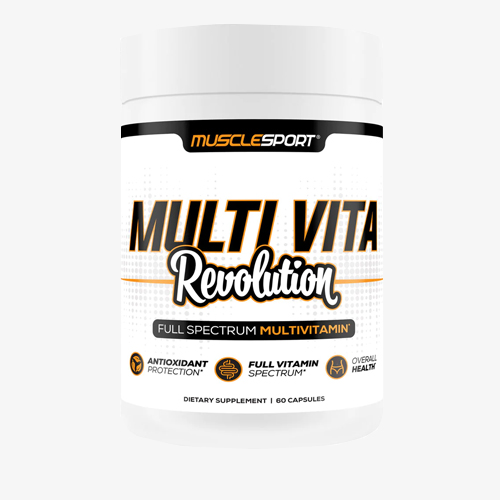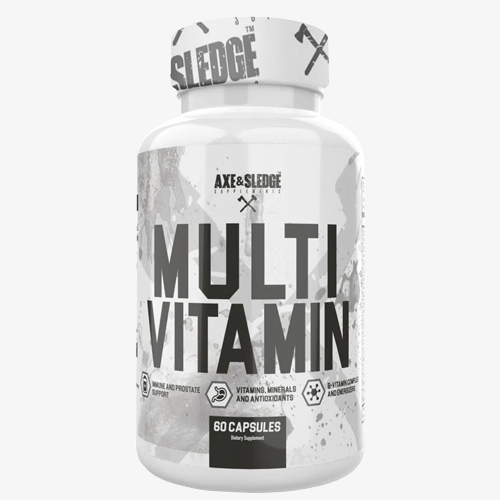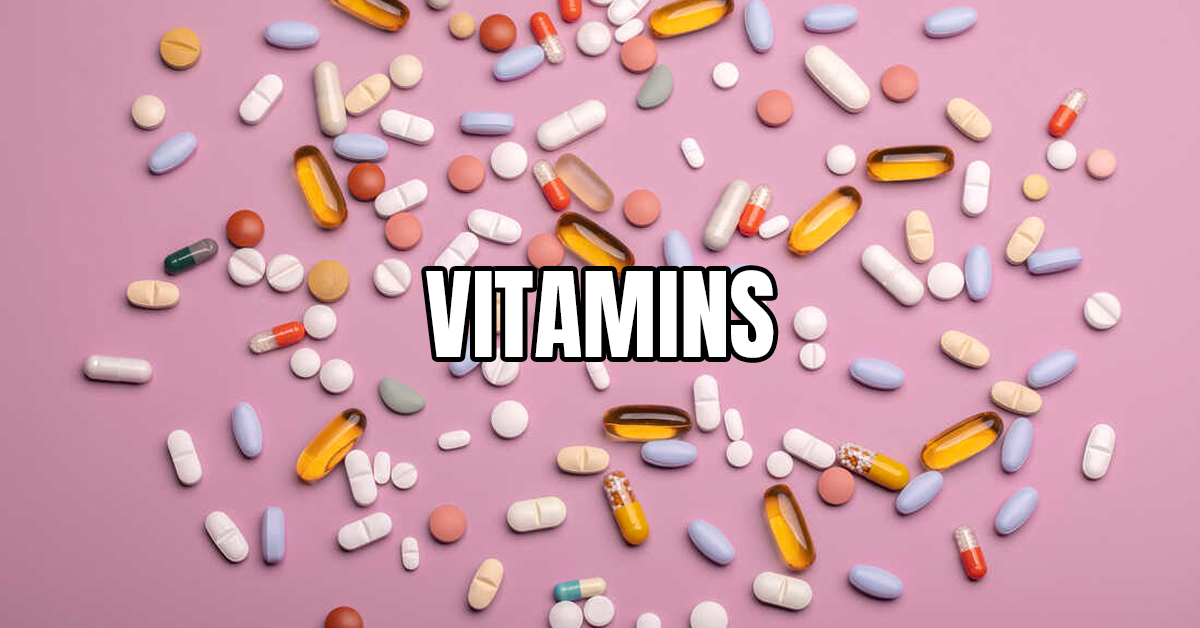
Vitamins & Minerals
As health conscious individuals, many people focus on the three main macronutrients for nutrition. These are important for counting calories. But what about the many micronutrients? While they may not account for calories, they are essential for the normal body functions we take for granted daily. When you were growing up, your parents likely told you to take your vitamins. Often times in a form of a little chewable Flinstone’s tablet or now the oh-so-popular gummies. Minerals are also grouped into these vitamins and often paired in the multi-vitamins for supplements. As an adult, you may walk down the vitamin isle overwhelmed by the multiple options. How do you know what you are looking for and what one to choose?
Vitamins & Minerals Explained
There are 13 essential vitamins that our body needs to grow and function. These include vitamins A, C, D, E, K, and the B vitamins (thiamine, riboflavin, niacin, pantothenic acid, biotin, B6, B12, and folate). Vitamins are mainly found in foods. They grouped into Water vs Fat soluble.
Minerals are also needed for our bodies to function day to day efficiently. Some minerals include iodine, fluoride, calcium, iron, magnesium and potassium. They are often found in the soil and water. Some of these are needed in very small amounts while others are needed in larger amounts.
Water Soluble Vitamins
Simply said, water soluble vitamins are Vitamin B and Vitamin C. Under the umbrella of vitamin B complex, there are 7 different vitamins. These vitamins are soluble, or dissolve, in water. While water-soluble vitamins are considered nontoxic if taken in excessive amounts, niacin is the one exception. Niacin causes dilation of the blood vessels. In large amounts, the effects are more serious and can cause impaired liver function.
When being absorbed, they are absorbed directly into the blood stream and excreted if not needed. These vitamins are less concern for overdose as they will simply be excreted in your urine if you take too many.
Fat Soluble Vitamins
The fat-soluble vitamins include Vitamins A, D, E and K. These are needed in small amounts but are essential for growth, reproduction and health. They are soluble in organic solvents and are absorbed and transported similar to those of fats. They generally impose a larger risk of toxicity than the water-soluble vitamins. While they are higher risk of toxicity, fats are needed in order for our body to metabolize and absorb these vitamins. This is why it is also easier to be deficient in these vitamins for those who are restricted of fats.
Fat-soluble vitamins are stored in adipose tissues, or our fat stores. These vitamins are not absorbed directly into the blood stream, but are absorbed into the small intestines into the lymphatic system and slowly released into the blood stream. Unlike the water-soluble vitamins, fat-soluble vitamins accumulate in the body tissues which can lead to toxicity. In other words, YES you can overdose on these vitamins.
On the other hand, since fat-soluble vitamins are dependent on fats to be absorbed, people who are not eating enough fats, they could easily suffer from deficiency of fat-soluble vitamins.
Vitamin A and Vitamin D are considered more toxic when taken in excessive amounts. Vitamins E and K are generally considered nontoxic.
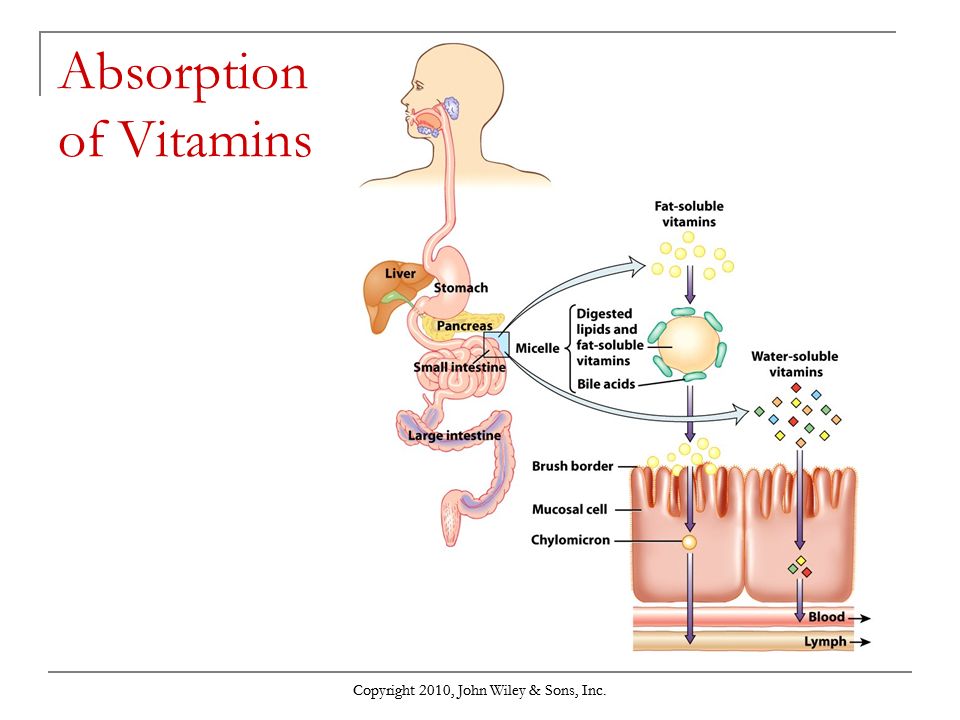
Minerals
If we are talking about vitamins, we need to touch on minerals as well since they are both considered micronutrients and essential for our health. Those essential for health include calcium, phosphorus, potassium, sodium, chloride, magnesium, iron, zinc, iodine, chromium, copper, fluoride, molybdenum, manganese, and selenium. These include electrolytes we know are important for our body fluids.
There are two categories of minerals. Major minerals which are needed in large amounts in the body which are calcium, chloride, magnesium, phosphorus, potassium, sodium and sulfur. trace minerals are just as vital, but needed in smaller amounts. These include chromium, copper, fluoride, iodine, iron, manganese, molybdenum, selenium and zinc.
Benefits from Vitamins and Minerals
Vitamin C is best known for its function for the enzyme required for the synthesis of connective tissue. It helps your body protect your cells from the effects of free radicals. Examples of this may be from foods, exposure to tobacco smoke or radiation from the sun.
Vitamin B complex includes B1 (thiamine), B2 (riboflavin), B3 (niacin), B5 (pantothenic acid), B6 (pyridoxine), B7 (Biotin), B9 (Folic Acid), and B12 (cobalamin). These are all essential for many functions! Including releasing energy from carbohydrates and fats, breaking down amino acids, and transporting nutrients and oxygen around the body. Of the many functions of Vitamin B, it is most known for energy and for folic acid to prevent birth defects.
Vitamin A is well known for its importance in eye health. Vitamin D is known for its important role in calcium and phosphorus homeostasis and absorption. Vitamin E is best known for its role in antioxidant activity. Vitamin K is most important for its role in blood clotting. All of these functions are essential for the body.
There are so many different minerals with multiple benefits that plays a role in our bodies functions. Minerals are important for bodily functions including thyroid function, metabolism, transporting oxygen, hormones, nerve function, blood sugar levels, removal of toxins, regulating blood pressure, bone and teeth health, contraction of muscles and the heart electrical activity.
Recommended Dosing for Vitamins and Minerals
It is important to remember that when looking at the Recommended Daily Intake (RDI) for vitamins and minerals, gender and age will have an impact on the dosing recommended. Another factor to remember is if you have a strong, well balanced diet it may not be necessary to take supplementary vitamins and minerals. If you are one that may be in a caloric deficit or does not like vegetables and fruits, it may be a good idea to find a good quality multivitamin.
Absorption of Vitamins
Bioavailability is simply how much of the vitamin is absorbed and able to be used by the cell for current use or be stored for future use. Not all vitamins are made equal. This is why just because a supplement claims an amount of a vitamin contained, it doesn’t mean your body will absorb the entire dose. There are many factors that may affect a substance’s bioavailability including alcohol, caffeine, competition with other foods, and stress. Gut health also affects how well nutrients are absorbed in the intestine.
Practices to Aid in Absorption of Vitamins
There are some practices that can aid in better absorption. These typically act in the gut to enhance the absorption by improving solubility or reducing the amount of enzymatic breakdown. There are other factors that may increase absorption of nutrients including the time of day, with or without food, supporting ingredients such as fat-soluble vitamins taken with fat to aid in digestion and absorption. Proper storage such as in a cool, dry area or away from direct sunlight.
Better Absorption of Vitamins and Minerals
Synergies and contraindications are commonly mentioned. Synergy means two or more ingredients should be taken together to make things absorbed better such as turmeric with black pepper, vitamin D and magnesium. Contraindication means two or more nutrients should not be taken together, but should be taken separately to improve absorption.
Synergies include vitamin K, vitamin D and calcium should be taken together. Vitamin C and Iron should be taken together. Vitamin B6, B12, and folate should all be taken together to lower an amino acid called homocysteine which lower incidences of heart disease and stroke. Vitamin C and E are more effective together. Contraindications include iron and calcium as they compete for the same receptors in the body and block the absorption of one another. Zinc and Copper should also be taken separately for the same reason.
There are ingredients, like AstraGin, that increase absorption of many ingredients. The studies have no expanded much into vitamins and minerals, besides Folate (Vitamin B9) and also studied on Fish Oils. There are may be more expansion into ingredients that may help with absorption in the future.
Forms of Vitamins Affects Bioavailability
There are also many different forms of a nutrient and they are not all created equally. For example, vitamin D come as either vitamin D2 or D3. There are several forms of vitamin E. The most bioavailable form of Vitamin E is α-tocopherol, which is the dominant form of vitamin E found in blood and tissues. This is one example of many. When looking at multivitamins, it is important to remember that the ingredients and form of vitamin used affects the cost as well.
Vitamins and Minerals from Foods
The best advice is to eat a well balanced diet of fruits, vegetables, and whole foods. If you are eating a balanced diet of these things, you shouldn’t need to worry about deficiencies in any of these vitamins or minerals. The biggest goal should always be to eat a nutrient-dense diet that would meet the daily requirements needed. Many foods are fortified with minerals such as cereal. Iodine is in added to salt. Also, plants and the animals we eat absorb many of the minerals we need for our diet.
Vitamins and Minerals Supplements
For those who struggle to meet the required amounts of vitamins and minerals through their diet, there are multivitamins that often include minerals as well. With that being said, there are definitely different levels of quality when it comes to vitamin and mineral supplementation. You will definitely be overwhelmed with the options available for multivitamins. Do your research to make sure they have quality forms of the nutrients in their supplement.
Vitamins and Minerals Conclusion
As coaches, Ryan and I both recommend a quality multivitamin when we get a new client along with greens and fish oil. Simply because many people are not great at eating a well balanced diet, especially with eating vegetables. Not all vitamins are created equal. When deciding what multivitamin and mineral supplement to purchase, it is important to remember what form of vitamin is used. There are many factors that may impact absorption, including gut health, stress, when and what you are taking the supplement, and more.
Overall, if you are able to get all the nutrients you need through diet that is the best way to truly get your vitamins and minerals. If you do need to supplement, do your research and make sure you are getting the best quality possible.
Recommended Quality Multivitamins
Glaxon recently released a new Multivitamin+ supplement that not only focuses on multivitamins and minerals, but adds more to the formula. They added an innovative twist on a multivitamin supplement, adding ingredients focused on metabolic rate and mood elevation. This a quality option for a multivitamin with some added benefits!
Use code INFORMANT to save 20%
This is V2 of GHOST's Multi. The first version contained 500mg of Vitamin C, but GHOST upgraded to PureWay-C Vitamin C which has 233% higher retention by the human body than any other ascorbate brands. They also went from 500mg to 667mg. This a quality option for a multivitamin as well!
Use code INFORMANT to save 20%
MuscleSport is a great brand with quality ingredients. They have a full spectrum Multivitamin that would be a great quality option when deciding what multivitamin to start taking!
Use Code INFORMANT To Save 25%
Axe&Sledge Multivitamin includes 22 vitamins and minerals which are high quality with better bioavailability than many! This is yet another great option when looking for a quality brand to invest in for your daily supplements.
Use Code INFORMANT To Save 10%
Kaged has long been known for clean, effective formulas. It is a whole food, organic, bioavailable option with 21 vitamins and minerals to take daily! This is yet another great option and brand to look into when deciding which daily supplements to add to your regimen.
Use Code INFORMANT To Save 15%


